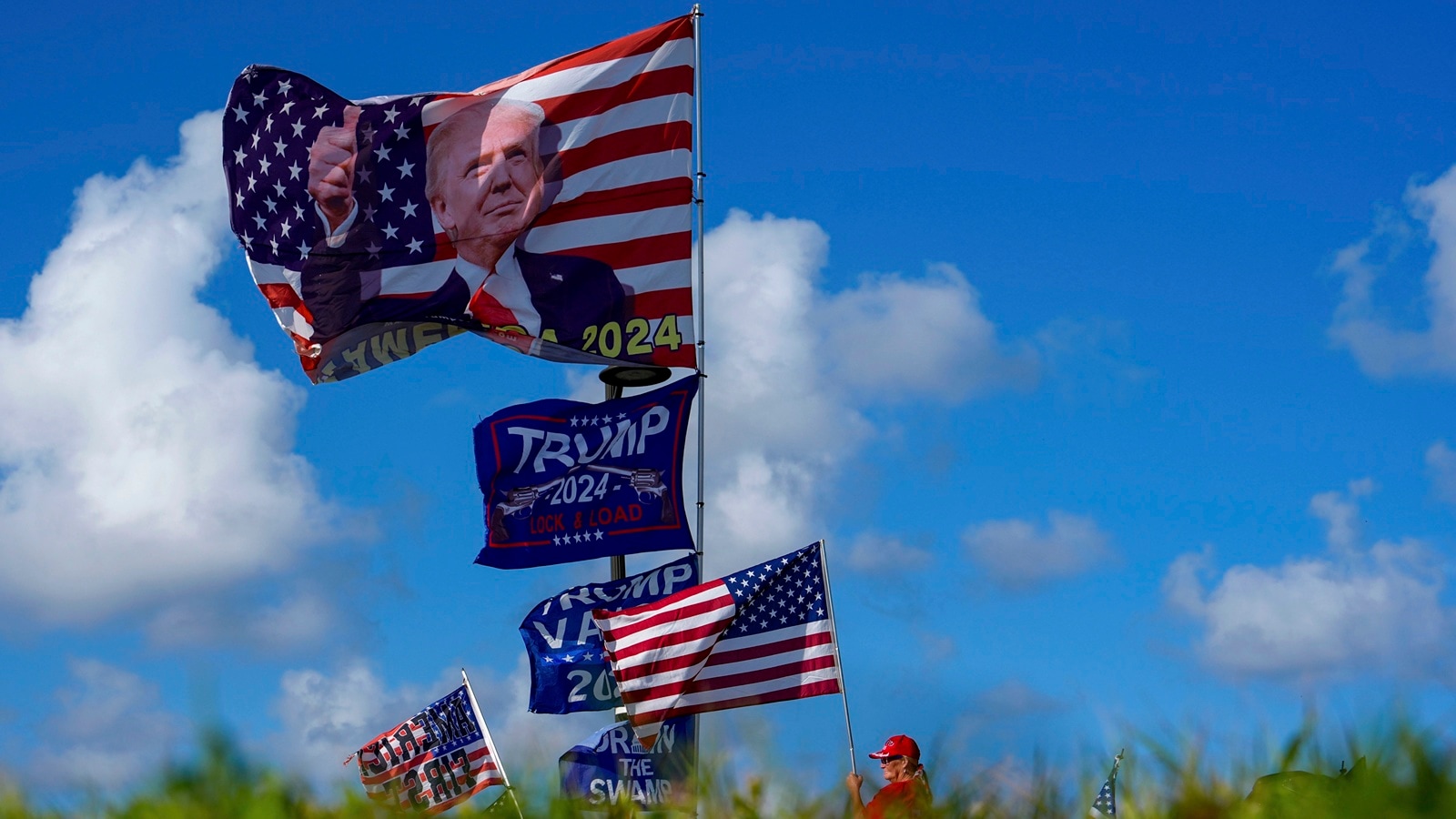

As President-elect Donald Trump prepares to take office, his influence is already palpable across state capitols in the United States. Republican governors in states such as Florida, Missouri, Tennessee, and West Virginia are swiftly implementing policies that reflect Trump's themes, particularly in areas like immigration, crime, and anti-diversity initiatives. For instance, Missouri Governor Mike Kehoe issued anti-crime orders on his first day in office, while Florida Governor Ron DeSantis has scheduled a legislative session for January 27 to support Trump's immigration laws. Similarly, Tennessee Governor Bill Lee announced a special session on the same day to address related issues. West Virginia's Governor Patrick Morrisey has ended diversity initiatives and allowed religious exemptions for vaccinations, further aligning with Trump's agenda. [56451f77]
Interestingly, even Democratic governors are adopting certain themes associated with Trump, such as tax cuts and public safety reforms, indicating a broader shift in political strategy that transcends party lines. Michigan's Gretchen Whitmer and New York's Kathy Hochul are adjusting their strategies to work with the incoming administration, reflecting the complex dynamics of governance in a politically charged environment. This adoption of Trump-like policies suggests that his influence may extend beyond Republican circles, as leaders across the political spectrum navigate the changing landscape of governance. [56451f77]
The upcoming Inauguration Day is also a focal point for discussions, with debates surrounding flag displays and other symbolic gestures reflecting the political climate. Flags are ordered to fly high on Trump's inauguration day, despite the mourning for former President Jimmy Carter, signaling a strong commitment to Trump's presidency among his supporters. As states prepare for the transition, the implications of Trump's presidency are already shaping legislative agendas and public policy discussions. [56451f77]
In the context of the U.S. Catholic bishops' recent meeting, the influence of Trump's policies on immigration and social issues has become a pressing concern. As they gather to discuss their agenda, the bishops are particularly attentive to how Trump's administration will affect vulnerable communities, especially in light of the mixed support for his policies among Catholic voters. [3acc91ac]
Archbishop Timothy Broglio's remarks on the need for a non-partisan approach resonate with the broader political dynamics at play, as bishops seek to advocate for moral issues while navigating the complexities of a politically charged environment. The intersection of Trump's influence on state policies and the Church's advocacy efforts highlights the ongoing challenges faced by religious leaders in addressing social justice issues amidst a shifting political landscape. [3acc91ac]
Overall, the intertwining of Trump's influence with state governance and the Church's response illustrates the dynamic nature of American politics as it evolves in the wake of his election. [3acc91ac]